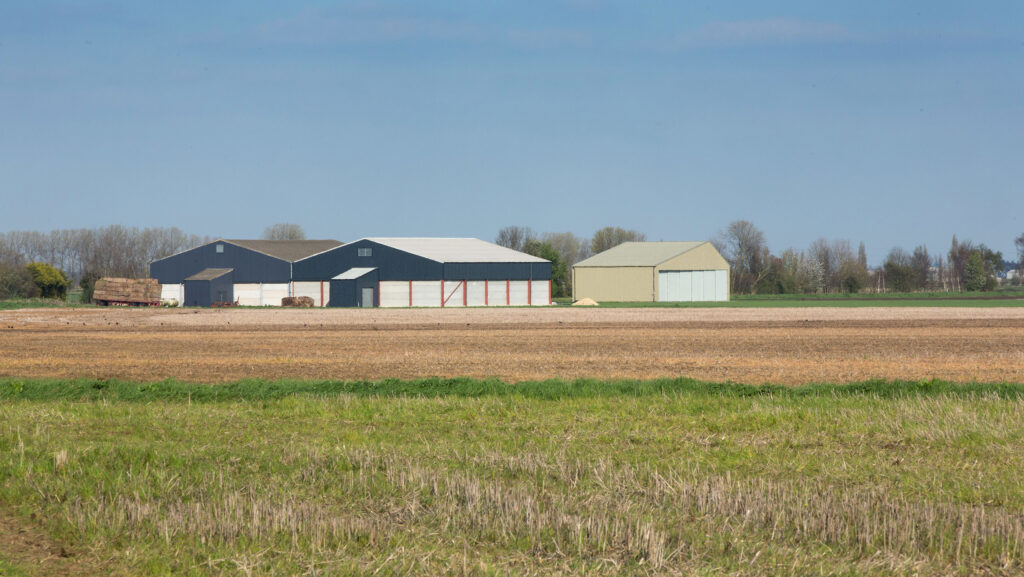Fewer farm tenancies agreed as rents increase in England
 © Tim Scrivener
© Tim Scrivener The number of farm tenancy agreements in England fell by 5% during the 2023-24 financial year, compared with the previous year.
In total, roughly 83,000 agreements were in place, which comprised of 32,000 farm business tenancies (FBTs), 25,000 informal agreements, 13,000 seasonal agreements and 12,000 full agricultural tenancy agreements (FATs).
George Dunn, chief executive of the Tenant Farmers Association, called the drop in number of tenancies “concerning” with not only fewer agreements in place but also 2.5% less land being rented out.
See also: Uncertain times produce mixed outlook for land market
He said: “This does seem to indicate a continuing trend at the margins for land to be leaving the sector for alternative uses such as tree planting, rewilding, solar energy and other non-agricultural uses.
“Care needs to be taken to ensure that we retain capacity within the let sector of agriculture, and this is a matter for which the government should take particular note in the context of its forthcoming land use framework.”
Average rent payments
Annual average rents across all agreements increased by 2.3% from £212/ha to £217/ha; however, individual tenancies varied significantly depending on land type, region, length of tenancy, type of tenancy, and inclusion of BPS payments.
Cereal and dairy farms on FBT agreements averaged £253/ha and £293/ha respectively, with cereals up on the year while dairy rents remained stable.
Meanwhile, grazing lowland livestock on FBTs fell by £8/ha to £123/ha in 2023-24.
